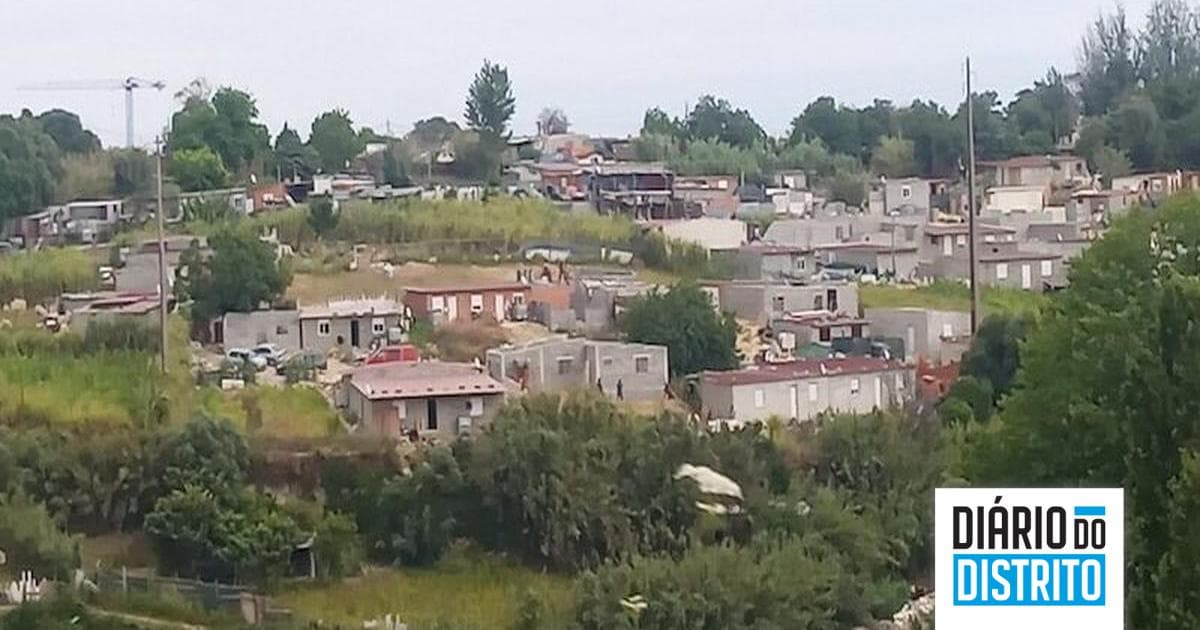Government Plan to Sell Key State Building in Lisbon's Estrela Sparks Debate
The Portuguese government has announced its intention to sell the former Council of Ministers building, a significant state-owned property located in a prime area of Lisbon between Avenida Infante Santo and Campo de Ourique. The stated purpose of the sale is to raise funds for national housing policies, but the decision has ignited a debate among urban planners and critics who argue it represents a major strategic error.
The building in question is an eight-story concrete structure from the 1970s, originally designed for residential use before being converted to offices in 1978. Its location is considered exceptional, with proximity to the new Estrela metro station, numerous schools, public parks such as Jardim da Estrela and Tapada das Necessidades, and the vibrant commercial districts of Campo de Ourique and Lapa. Architectural analysis suggests the building could be reconverted to accommodate approximately 64 housing units of various sizes, along with ground-floor commercial space.
Opponents of the sale argue that the property is one of the best-located assets in the country for creating affordable and inclusive housing, which would help reactivate the city center and reverse the trend of resident exodus. They contend that selling the building on the private market will almost certainly result in its development into high-standard luxury apartments, sold at prohibitive prices that do nothing to alleviate Lisbon's housing crisis. This would continue a "vicious circle" of gentrification and depopulation in central Lisbon.
The financial rationale of the government's plan is also under scrutiny. While a sale could generate a substantial one-time income, critics point out the inefficiency of the strategy. The cost to build an equivalent number of new homes elsewhere is estimated to be at least €20 million, not including the cost of land, which would likely be in a far less desirable location. Therefore, a significant portion of the sale's proceeds would be immediately consumed by the cost of replacing the lost housing potential.
Need Expert Guidance?
Get personalized insights from verified real estate professionals, lawyers, architects, and more.
An alternative proposal being floated is to retain public ownership and grant a concession to a housing cooperative. Under this model, the cooperative would manage the building and allocate the potential housing units through a public competition. The residents themselves would undertake the minimal necessary interventions to convert the office spaces back into homes. This would create dozens of affordable rental units almost immediately, at minimal cost to the state, while generating long-term rental income for the public purse.
Market analysis suggests a private developer could achieve a sales revenue of around €90 million from luxury units in that location. Factoring in renovation costs, this leaves a potential profit margin of up to €50 million, a value that critics say would be directly transferred from the public domain to private, likely international, investors. The debate highlights a fundamental conflict in urban policy: whether to liquidate prime public assets for short-term financial gain or to leverage them for long-term social and urban revitalization goals.
Discover emerging areas and local opportunities at realestate-lisbon.com.





